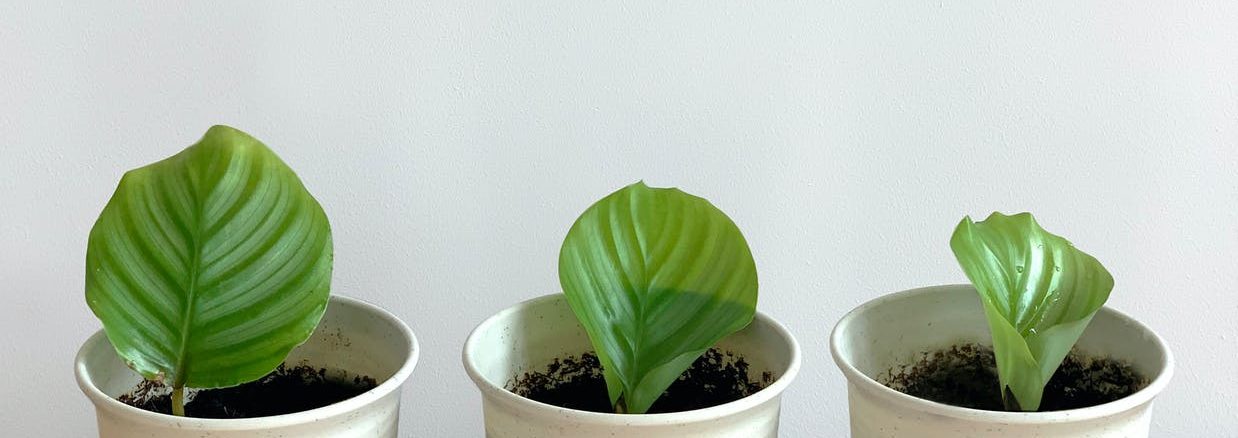The stench of death is pervasive on Ugandan social media platforms these days. If we ever lived under the illusion of distanced death, COVID-19 slapped and sobered us from slumber, reminding us of our mortality. Death dwells nearer than we deign to discuss or admit. It knows your address—and mine.
Death stories—of our sisters or celebrities, the poor and the powerful, the old or young—break our hearts. But they also may break our hopes. We tend to think death befriends the aged, that it dislikes the rich. Death is somewhat innocuous if visiting the neighbor. We hope it does not move house. So let it not knock on my door.
But COVID-19 spreads death’s stench close to our noses. It sips through our phone screens. We smell it. Facebook, as a wind, keeps tossing it back our way even when we scroll away. Twitter tells of the new spike in infection rates and death toll. So, we are sad, stuffed, and suffocated.
Christianity and the Scent of Life
It is amidst such dreadful news that Christianity makes the most sense. Death—as Christianity does— makes us rethink our significance beyond religiously driving to work or our cultural hedonism.
We begin to contemplate our mortality, and hopefully, treasure life and think about things that most matter. We realize that the most meaningful things—smiles, hugs, kisses, love, meaning—are not made of matter or bought by mammon. Death often outstrips mock gifts in our chests and leaves them bare. It readies us to reckon with our finitude.
But the thought of finitude scares the hearts out of us. Those who have nothing to live for beyond the grave want to cling to this side of heaven. To the non-Christian, death is the end of the road they drearily and reluctantly walk towards as those dragged or drugged.
To the Christian, however, death is the train that takes us to transcendency. The Christian story is, at its core, a scent of life amidst the stench of death. As death deludes itself that it rules, life delightedly reigns.
In Death, We Live
Christianity is a story of the dying Master giving life to his servants. In his death, we live, as cruciform disciples. Christianity changes our view towards finitude and death. The scent of life rises as the stench of death dies. As Christ is buried, God abolishes the body of death and releases us from enslavement (Rom 6:6; 7:24). We cease to fear finitude or dread death. In his death, we live.
Therefore, the death of Christ demotes and demeans death to the ‘last enemy to be destroyed’ bench from its ‘final destiny’ prominence (1 Cor 15:26). Death does not have the final say. The life of the resurrected Christ does.
This truth frees us to mourn with those who mourn, for death does remain a true tragedy. But we do not grieve as those without hope. We too triumphantly inquire with Paul (1 Cor 15:55) “O death, where is your victory? O death, where is your sting?”
Where Is Your Hope?
Having said all this, allow me to ask: where does your hope lie? In your vaccination? Riches? Social distancing? I am not suggesting these things are wrong in themselves. But is that your antidote to death?
As death knocks, how do you answer? It will certainly break into your ‘well-protected life’ one way or another. What will you say when it shatters all your hopes and you find yourself standing on sinking sand?
And now, what if I mention that we have a more trusted herd immunity in the community of faith, a more reliable vaccine to death, which is, ironically, death itself? What if I suggested that those who have died with Christ can no longer be defeated by death but instead have it as their servant, taking them to transcendent life?
What if I told you that those who trust in Christ are vaccinated against all manner of death? And I do not mean that they will not physically die. But to these, physical death is transformational. Through death, believers receive incorruptible bodies and indestructible life eternal in Christ.
So, again I ask, where is your hope? Do you know Jesus? Or most importantly, does God know you as his own (2 Tim 2:19)? If not, the seasonal stench of death will be your mainstay. You will die physically. But more so, you will die again, now eternally, without ever again smelling the scent of life which is in Christ alone.
But here is Christ’s promise to you today: Because I live, you also will live (John 14:19). Trust him completely. He is your only reliable hope.
Want to read more? Click here.

